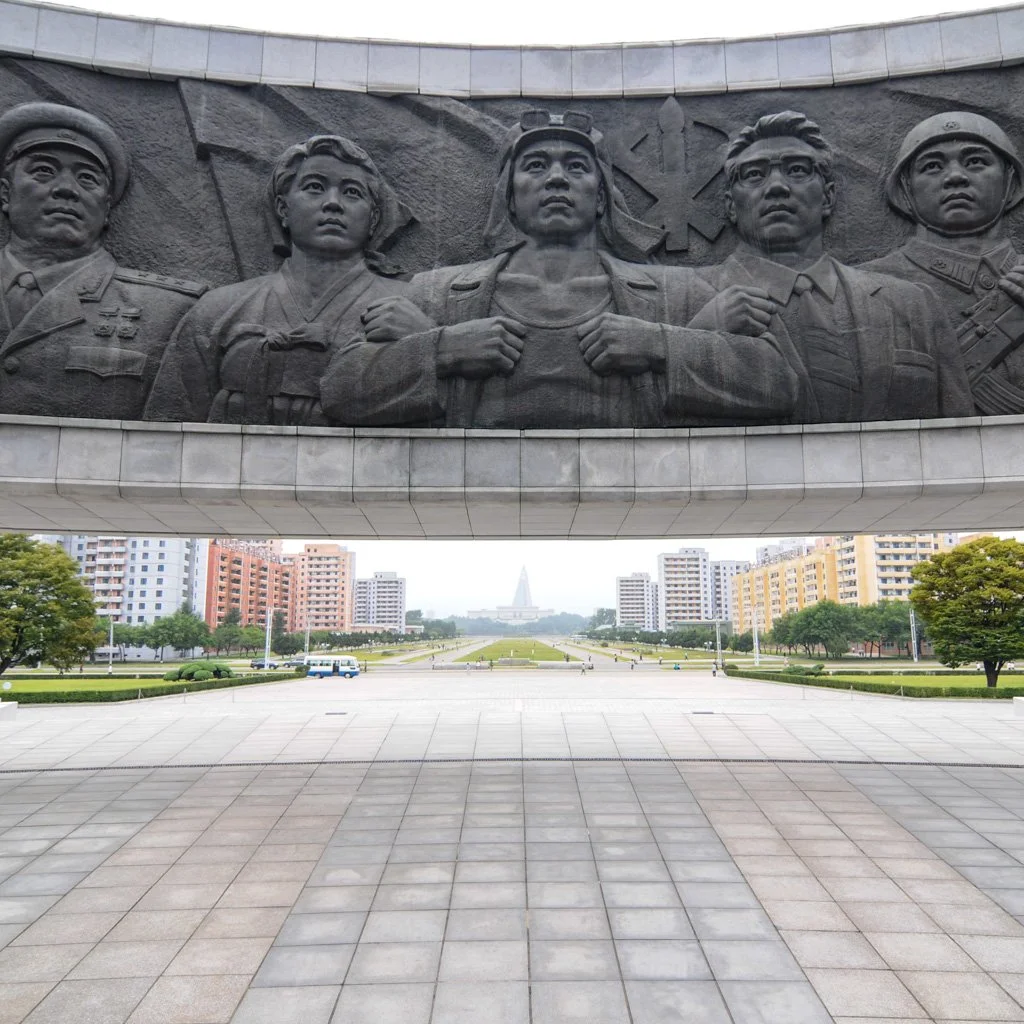Lecture Series in Finance and Economic Policy
13 – 14 September 2010
Location: Pyongyang
Audience: Academics, Government Officials and Business Professionals from Banking Circle
Topics
We will also include breakout sessions where participants are divided up among the three lecturers to discuss in greater depth the questions raised during the lecture.
Introduction to Choson Exchange: Objectives and What We Can Do | This will be a short introduction to our people, our interest in business, economics and law training, and how we can help.
Growing the Financial Sector in Singapore through Economic Strategy-Making | An Economist from Singapore will discuss how Singapore designs its economic strategies, how the government co-exists with and complements markets and how it uses economic strategy work to support the growth of the financial sector..
The OpenCourseWare Revolution: Using Computers for E-Training in Finance & Other Fields | This session will talk about how Choson Exchange can use OCW materials to deliver training electronically throughout the year and couple this with live lectures and language assistance to ensure effective delivery of education. We will run some demos of electronically-delivered lectures from some of the world’s foremost scientists and economist at Yale University and the Massachusetts Institute of Technology (MIT).
The US Subprime Crisis & its Impact on Risk Management | A risk manager from an international investment bank will discuss the causes of the US subprime crisis and its impact on how the financial sector and investment banks evaluate the riskiness of their assets.
An International Banker’s View: The RMB as an International Trade Settlements Currency? | A banker with experience across 4 continents at an international bank will introduce China’s development from a banking perspective before explaining the potential for the Chinese Renminbi to be a currency for settling international trades. This lecture will also study the degree to which the RMB is internationalized, the impact this has on structuring trade financing and the benefits and drawbacks inherent in internationalization of currencies.
Thematic Workshops | Participants will be broken up into smaller groups in order to have in-depth discussions with lecturers on the above topics. The topics are meant to motivate discussions on deeper structural issues, and the workshops allow us to create an informal atmosphere for discussions. Workshop themes include:
- Financial Sector & Economic Development
- Financial Sector Stability – Tools for Proper Credit Evaluation
- Making Trade Work – the Role of the Financial Sector
Roundtable Session | At the end of the first day, we will collect questions from participants on economic and financial topics. These will be organized into thematic issues, which will be discussed at a roundtable involving all lecturers. This format is meant to generate debate among participants as the diverse backgrounds of our lecturers mean that they might not necessarily share the same viewpoints on financial or economic issues. Roundtable session includes:
- The Future of the Financial Sector




